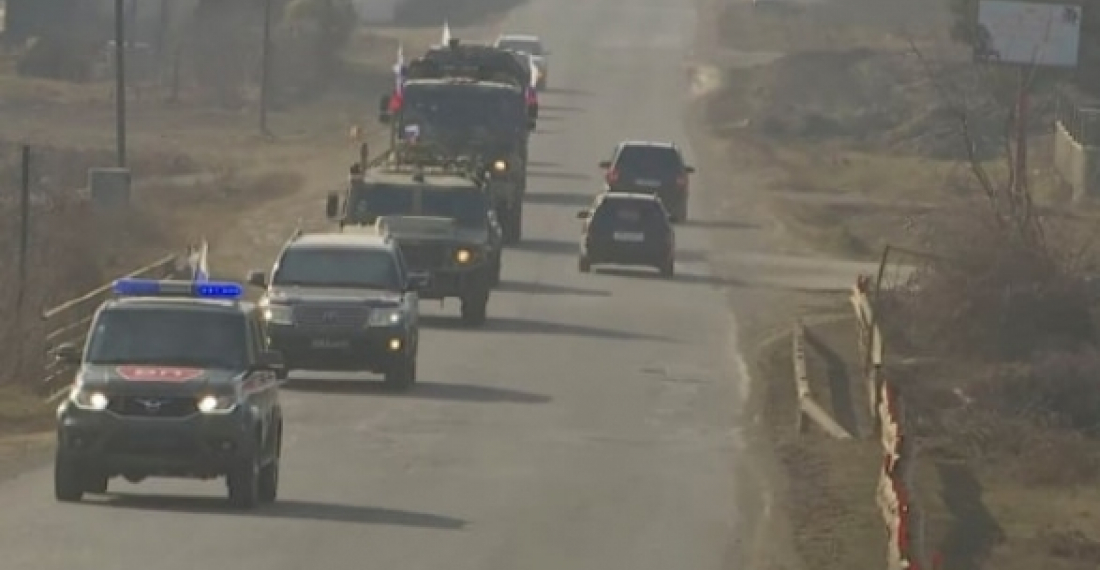A Turkish-Russian Joint Monitoring Centre to oversee peacekeeping operations in and around Nagorno-Karabakh started operation on Saturday, 30 January, according to various military sources.
The Centre - an innovation in the complex geo-politics of the Caucasus region, was agree as part of Armenia-Azerbaijan-Russia joint statement issued on 10 November 2020, which brought the 44 day Karabakh war to an end. A memorandum of understanding on establishing the centre was signed the following day by the Ministers of Defence of Russia and Turkey.
The personnel of the centre will consist of a General and 35 other officers and soldiers each from Russia and Turkey. The Turkish commander is Major General Abdulla Gatyrchy, and the Russian commander Major General Viktor Felorenko.
The Centre is located on the Azerbaijani side in the Aghdam region. The Azerbaijani media gave details about how the centre looks like, though not much information is available as to what exactly it will be doing. The Center has a briefing room, a canteen with 100 seats, a first-aid post, atelier and a shop. On the grounds of the Center there is also a water reservoir, a generator, a parking lot, two sports spas, and food and refrigeration warehouses. The area around the centre is fenced around the perimeter, there are 4 observation towers with round-the-clock security.
Commonspace.eu political editor said in a comment that the establishment of this Turkish-Russian Centre takes the delicate geo-politics of the Caucasus region to uncharted waters. This is the first ever visible co-operation between the Turkish and Russian military in the Caucasus - the two countries have historically considered each other as rivals in the region.
The presence of Turkish troops in a centre overseeing the situation in Karabakh is very sensitive for Armenia. For years Armenian politicians had sworn not to give Turkey a role in the Karabakh conflict resolution process, even if Turkey has since 1992 been a member of the OSCE Minsk Group.
On the other hand, the presence of Russian troops in Aghdam, in addition to the ones already deployed since 10 November in Nagorno-Karabakh, brings Russian troops back on Azerbaijani territory, years after all Russian military facilities, including the Radar station at Gabala, were closed down. This is also highly sensitive for Azerbaijan, both in terms of its domestic politics, as well as because it currently holds the Chairmanship of the Non-Aligned Movement. Of course the numbers of those involved is small, and both Armenia and Azerbaijan will argue that the centre has a a very narrow and specific role. But in the wider context of South Caucasus geo-politics the establishment of the centre is significant, and may be the start of other processes to follow.






